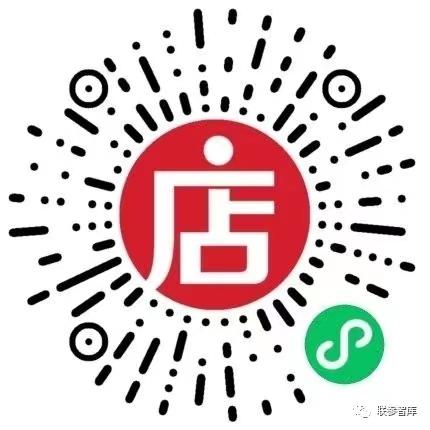 [20210405]IF11655_SPAC IPO:背景和政策问题.pdf
[20210405]IF11655_SPAC IPO:背景和政策问题.pdf
https:/crsreports.congress.gov Updated April 5, 2021SPAC IPO: Background and Policy IssuesA special purpose acquisition company (SPAC) is a type of “blank-check” company that raises capital through initial public offerings (IPOs) with the intention to use the proceeds to acquire other companies at a later time. Unlike traditional IPOs, SPACs do not have commercial operations at the time of the IPO, explaining why they are referred to as blank-check or “shell” companies. SPACs first appeared in the 1980s but have gained popularity in recent years, especially since 2020 during the Coronavirus Disease 2019 (COVID-19) pandemic (Figure 1). U.S. SPAC IPOs reportedly raised a record $83 billion in 2020 and another approximately $95 billion during the first quarter of 2021 alone. SPAC IPOs have outpaced traditional IPOs during the first three months in 2021 as the preferred method for public fundraising. This In Focus explains how SPACs work and briefly reviews some policy implications. Figure 1. Funds Raised by SPAC IPOs and Traditional IPOs per Year ($Billions) Source: CRS, based on data from Dealogic and the Wall Street Journal. How Does a SPAC Work? SPAC sponsors generally raise money
展开阅读全文
- 特殊限制:
部分文档作品中含有的国旗、国徽等图片,仅作为作品整体效果示例展示,禁止商用。设计者仅对作品中独创性部分享有著作权。
- 关 键 词:
- 20210405 20210405IF11655_SPAC IPO:背景和政策问题 IF11655_SPAC IPO 背景 政策 问题
 联参智库所有资源均是用户自行上传分享,仅供网友学习交流,未经上传用户书面授权,请勿作他用。
联参智库所有资源均是用户自行上传分享,仅供网友学习交流,未经上传用户书面授权,请勿作他用。
关于本文






![[19931229]93-1067_竞选资金改革:现行法律与H.R.第103届国会参众两院通过.pdf](https://www.lianhezuozhan.com/images/filetype/d_pdf.png) [19931229]93-1067_竞选资金改革:现行法律与H.R.第103届国会参众两院通过.pdf
[19931229]93-1067_竞选资金改革:现行法律与H.R.第103届国会参众两院通过.pdf
![[19720323]71-240D_制定国家城市增长和农村发展政策:1970年和1971年的立法和行政行动.pdf](/Images/s.gif)


